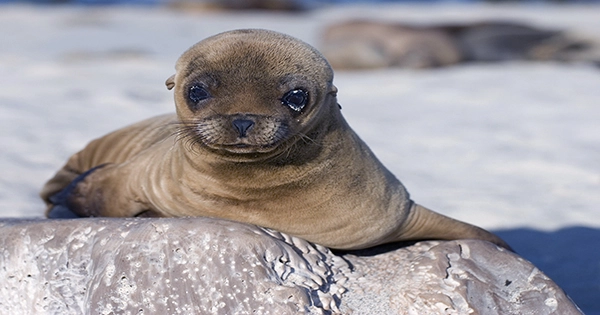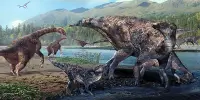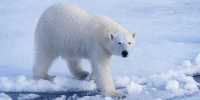In its Living Planet Report for 2022, the Environment Wildlife Fund (WWF) warns that the continued destruction of the natural world is driving life on Earth into “catastrophic consequences.” Despite the fact that wildlife populations have decreased by an average of 69 percent over the past 50 years, protecting the environment is essential for humans to achieve the global net zero goals.
The report’s conclusions are very clear: the climate crisis will soon pass a point beyond which there will be no turning back unless world leaders take immediate action to keep their environmental commitments. The continued existence of vital, climate-sustaining habitats like the Amazon rainforest is important to the planet’s ability to heal. Despite this, human activities have resulted in a 94 percent average lifetime decline in wildlife populations in Latin America and the Caribbean. Since 1970, populations of freshwater species have decreased by an average of 83%.
Governments have not only been unable to stop these tendencies, but instead we are moving faster and faster in their direction. The 2022 report is the most thorough in its 24-year history since more data were collected and in-depth studies were done to understand the findings than ever before. Its findings, which included 32,000 populations of 5,320 species, corroborate what scientists have long warned: if immediate action is not taken for our planet, it won’t be long before it’s too late to save life on Earth as we know it.
In order to learn more about the implications of the WWF Living Planet Report 2022 for people living on Earth and how the entire human population can take action at this critical juncture in the history of our species, we spoke with Mike Barrett, Executive Director for Science & Conservation at WWF-UK.
What discussions do you think the 2022 WWF Living Planet Report would elicit?
The key discussions I’d like to see revolve on the need for action right now and the need of urgency. It’s been all too simple in the past to recognize that nature is suffering but think that action should wait till later. Understanding that there are tipping points in reality is the main point we want to make at this time. There are boundaries that have far-reaching, permanent effects. Knowing how near we now are to such tipping points is also important.
That applies to both a potential physical event in the Amazon as well as a potential political event.
This year’s [COP15] conference in Montreal is the last opportunity for the worldwide community to take action. I believe that’s the main point we want to make with this. There is no denying the picture of decay that exists throughout the world. We are aware of the need for quick action. It really has to be a “now or never” situation.
Who or what is accountable for this?
Consumers can’t be expected to attempt and make all the wise decisions that will help fix this situation on their own. We are unable to do that, and expecting such is unreasonable. We are advocating that a campaign be launched to hold our leaders accountable for their campaign pledges.
If you visit the WWF website [in the UK], you can now find information and instructions about our campaign to make the government fulfill its commitments. People must now take action, speak out, contact their representatives, and demand what the government has pledged to do: stop the loss of biodiversity.
We must hold them responsible. And if this administration doesn’t act, it will already be too late. Future governments are not permitted to inherit it.
What advice would you provide to global leaders whose behavior doesn’t accurately represent the gravity of the situation we’re in?
that failing to take action this year and failing to formulate a strategy with enough ambition will betray people everywhere and future generations. Simply said, that would be intolerable. It cannot be that conservation agreement will stop the loss of nature by adding a few more dollars to the problem. Although we can contribute and aid, the transformation must be far more systematic. It must involve how we produce and consume, as well as how we interact with one another through commerce.
We won’t experience the necessary adjustments if we don’t take action on that kind of revenue.
What kind of changes might we expect if governments don’t keep their word?
We now understand that Amazon is dangerously close to hitting a tipping point. We are aware that deforestation in the Amazon is escalating and heading in the direction of irreversibility. The recycling of moisture in the Amazon is virtually turned off by the thinning of the plants. If that occurs, what is presently the greatest tropical rainforest in the world will change into a kind of dry, Savanna-like habitat. We already know that it won’t be feasible to stop the severe global climate change if that takes place.
We should consider what that means to us. Even though we in the UK are far from the Amazon, our consumption and imports are what fuel that destruction. And we are aware of the outcomes. Over the previous few years, we have had major flood occurrences and temperatures over 43°C. That will soon become the standard for us. That will be our new normal if we lose Amazon.
















